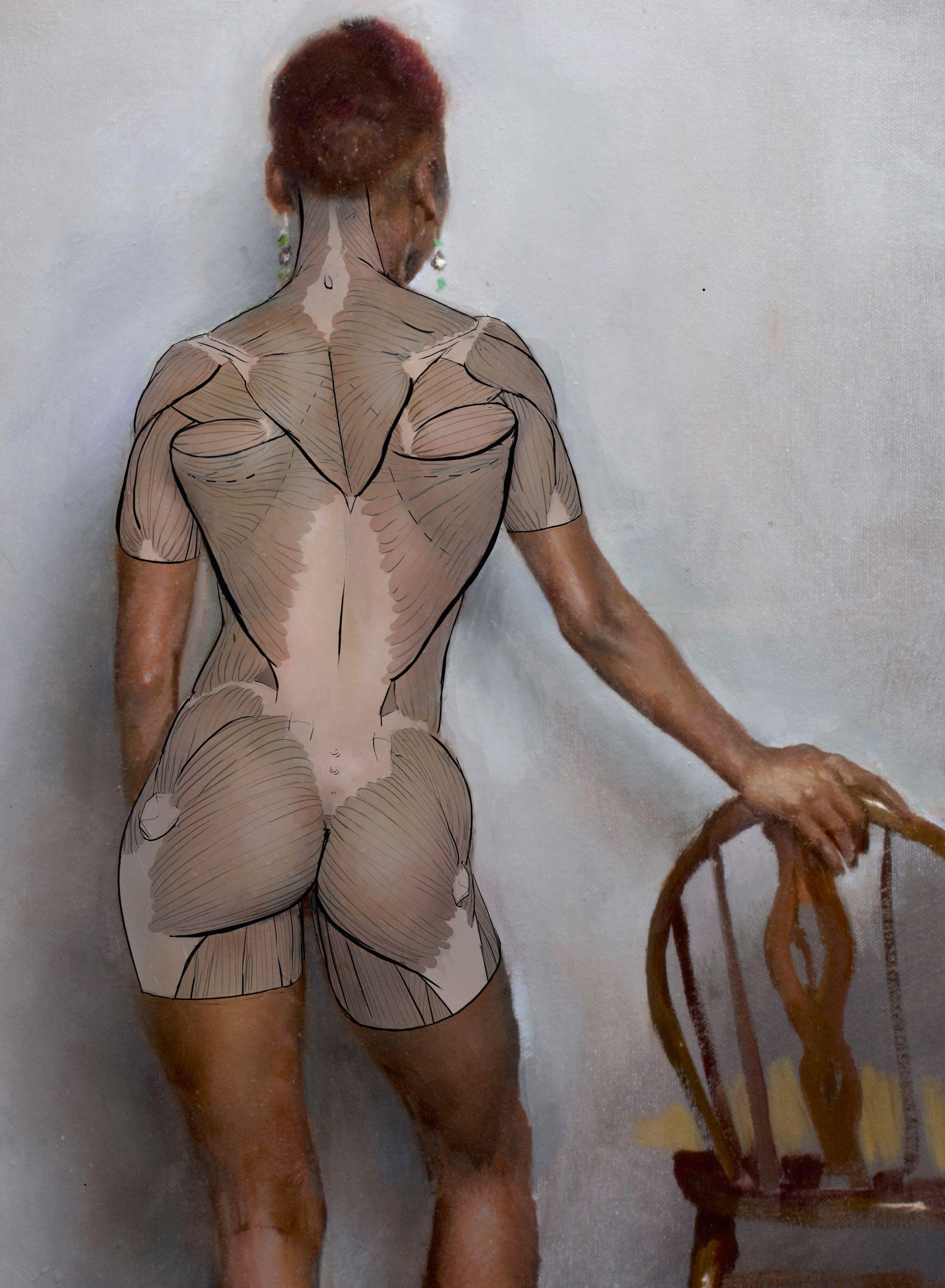
The back of the torso in figure drawing is often viewed as one of, if not the most difficult and complex area of the body to depict and learn. This is not without good reason; the back reveals and hides many of its structures depending on the body fat present in the model, the level of muscular development and even the position of the pose! At times, learning this structure can seem overwhelming to students.
However, if we take a structured approach to learning the many forms that create the back and break down the problem into easy-to-grasp, learnable chunks, we can approach it with confidence.
The first thing that will help us in this endeavour is to understand the reason for this complexity. As with all areas of the human form, the shapes of the back are created by its function. The more complex the function, the more complex the muscles required.
The main functions of the back are twofold. Firstly, it holds us upright. This is one of the special features of the human animal and it requires large, strong muscles.
The second function (and the reason for the complexity), is to allow as much movement of the arm as possible. To allow for this function, we have a free moving scapula. Meaning, unlike other joints in the human body, the scapula doesn't move within a static joint. It shifts across the ribcage, which is actually the reason for most of the movement of the arm. Try to move your arm without moving this bone and you will immediately understand its necessity. The various movements of this bone across the ribcage accounts for much of the back's complexity. The back is truly a marvel of organic engineering and the following are a few notes on the study of this beautiful form.
1 Boney landmarks
As with all of the body parts that we have looked at so far, any study of the back must begin with a fundamental understanding of the boney landmarks on its surface.
This story is from the {{IssueName}} edition of {{MagazineName}}.
Start your 7-day Magzter GOLD free trial to access thousands of curated premium stories, and 9,000+ magazines and newspapers.
Already a subscriber ? Sign In
This story is from the {{IssueName}} edition of {{MagazineName}}.
Start your 7-day Magzter GOLD free trial to access thousands of curated premium stories, and 9,000+ magazines and newspapers.
Already a subscriber? Sign In
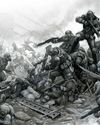
PAINT EPIC BATTLES IN TRADITIONAL INK
Warhammer illustrator THOMAS ELLIOTT shows you how to create an epic science fiction fight scene with this step-by-step guide
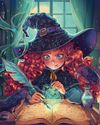
CONJURE MAGIC ILLUSTRATIONS
Daria Anako demonstrates her process for creating a whimsical piece of art with some spellbinding touches
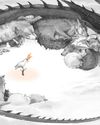
First Impressions
We discover the early influences that inspired the artist
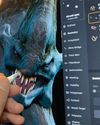
ZBrush for iPad
GAME CHANGER The desktop version of popular 3D sculpting software ZBrush has been redesigned for iPad - and it's brilliant

BenQ GW2786TC
GET AN EYEFUL Don't scrimp out on your health with a monitor that's kind on the eyes and good for creative tasks
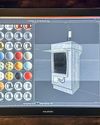
Huion Kamvas Pro 19
TABLET WARS An attractive pen display does an excellent job of balancing price and performance as it sets out to challenge its rivals in the mobile marketplace
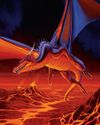
DRAGON OFORCEC
Legendary D&D artist Larry Elmore explains the keys to crafting timeless fantasy art.
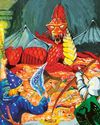
DUNGEON MASTERS
ImagineFX marks the milestone 50th anniversary of the launch of Dungeons & Dragons with a look at its rich tradition of illustration
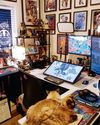
Erik Ly
Gamer's haven Why the artist enjoys a maximalist aesthetic more than the minimalist approach.
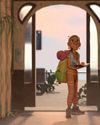
2D meets 3D: How the workflows are merging
Interdimensional As VFX and animation evolve and tools become more accessible, Tanya Combrinck asks whether the separation between the mediums is reducing